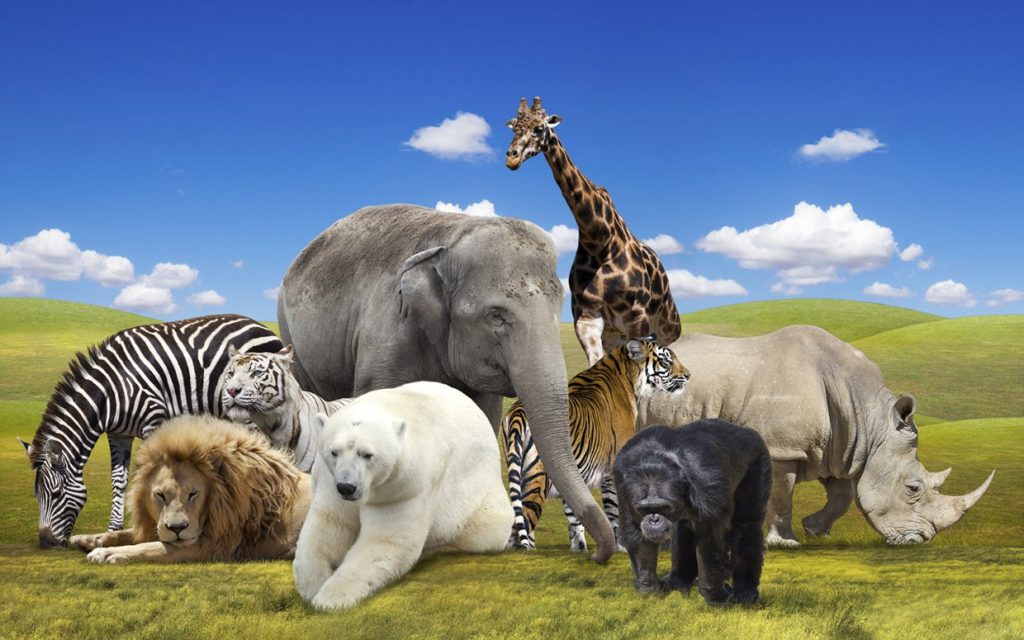October 4: Happy World Animal Day!

In honor of World Animal Day and to raise awareness of its significance, University of Chicago Press author Marc Bekoff dedicated his recurring Huffington Post column to the event, which originated in 1925 (and whose fascinating history you can read here). The purpose of World Animal Day? From the mission statement:
Raise the status of animals in order to improve welfare standards around the globe. Building the celebration of World Animal Day unites the animal welfare movement, mobilising it into a global force to make the world a better place for all animals. It’s celebrated in different ways in every country, irrespective of nationality, religion, faith or political ideology. Through increased awareness and education we can create a world where animals are always recognised as sentient beings and full regard is always paid to their welfare.
Bekoff’s post considers the ongoing relevance of a day devoted to invoking awareness around animal needs and welfare, including the hyperlink-filled excerpt below, which connects to just a few of the concerns worth our attention, chief among them the continued role we play in animal abuse, and what we can do about it:
There’s no shortage of examples in which billions of nonhuman animals (animals) are abused by humans (you can also keep up with what’s happening in the world of animals here and here). It’s sickening to read about this but those are the facts. As I’m writing this essay Wildlife Services continues to kill millions of animals using a host of horrific methods, all in “the name of coexistence,” there’s a war on wolves in Washington state, a new book mandates that free-ranging cats should be removed from landscapes “by any means necessary,” the Animal Welfare Act in the United States does not consider fully sentient rats, mice, and other animals to be animals and researchers are just fine with this sham and haven’t spoken out about this idiocy (however, please see Dr. John Gluck’s “Second Thoughts of an Animal Researcher“ and his forthcoming book Voracious Science and Vulnerable Animals: A Primate Scientist’s Ethical Journey), there’s a move to delist grizzly bears in the United States despite scientists showing this would be a bad decision, zoos are still breeding animals who will spend their entire lives in cages, zoos are killing —zoothanizing, not euthanizing — otherwise, and often young individuals, who do not fit into their breeding programs, the illegal trade of great apes is blossoming, and billions upon billions of animals are used and abused in laboratories around the world.
Some of our own recent books have explored animals in depth and profile—How Dogs Work, Jellyfish: A Natural History, America’s Snake: The Rise and Fall of the Timber Rattlesnake, Seahorses: A Life-Size Guide to Every Species, and City Creatures: Animal Encounters in the Chicago Wilderness, to name a few—exemplifying the “nature” of our publications on animals, where collaboration across the disciplines and a community shaped by shared attempts at conservation and understanding, continue to mark our list.
To read more about UCP’s recent publications on and about animals, click here.
To read more about UCP’s new series, Animal Lives, click here.
To read more about Reaktion Books’ Animal series, distributed by the UCP, click here.